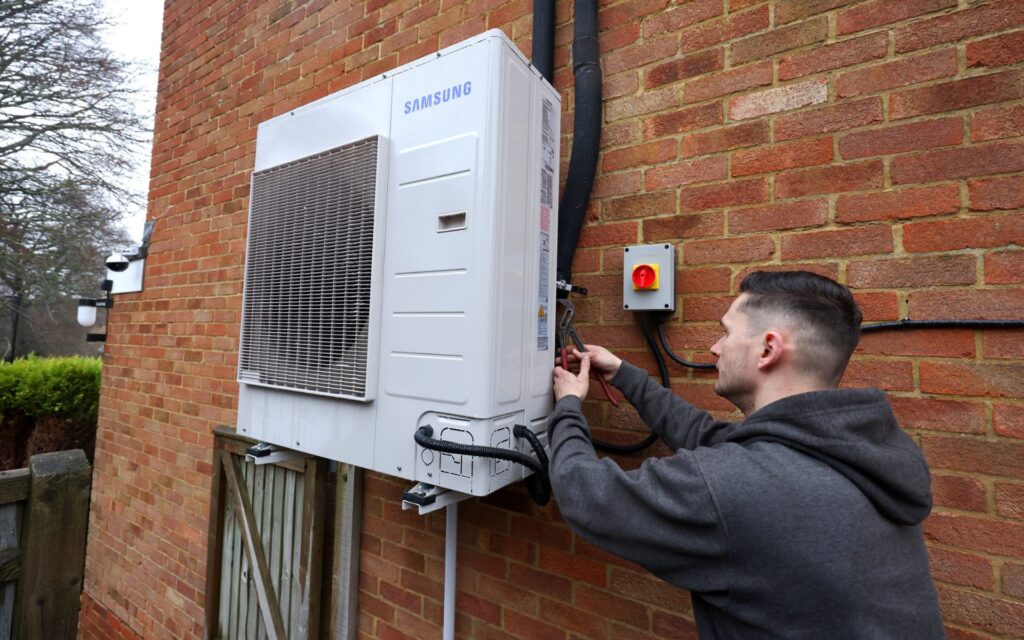Heat pumps have emerged as a popular choice for enhancing home comfort, offering an effective solution for both heating and cooling needs. They operate by transferring heat rather than generating it through combustion, making them a highly efficient option. The efficiency of heat pumps is measured by their coefficient of performance COP for heating and the seasonal energy efficiency ratio SEER for cooling. These metrics indicate that heat pumps can deliver several units of heating or cooling for each unit of energy consumed, often making them more efficient than traditional HVAC systems. One of the key advantages of heat pumps is their versatility. They are capable of providing both heating in the winter and cooling in the summer, which simplifies home climate control and reduces the need for separate systems. This dual functionality can lead to cost savings over time, as homeowners can avoid the expense of maintaining and operating separate heating and cooling systems. Furthermore, modern heat pumps come with advanced features such as variable-speed compressors and smart thermostats, which can optimize performance and enhance energy savings.

However, while heat pump efficiency chart offer impressive efficiency, their initial cost can be a concern. The installation of a heat pump system can be more expensive than traditional heating and cooling systems. The higher upfront cost can be attributed to the advanced technology and installation requirements. Despite this, the long-term savings on energy bills and reduced maintenance costs often offset the initial investment. Many governments and utility companies offer incentives or rebates for heat pump installations, which can help alleviate the financial burden and improve the overall cost-effectiveness. Climate plays a significant role in the effectiveness of heat pumps. In moderate climates, where temperatures do not swing drastically, heat pumps can operate efficiently throughout the year. However, in regions with extreme cold temperatures, the efficiency of air-source heat pumps may decrease, leading to higher energy consumption. To address this, some systems incorporate a backup heating source or utilize ground-source heat pumps, which are less affected by outdoor temperatures but come with their own set of considerations and costs.
Regular maintenance is crucial to ensuring the longevity and efficiency of heat pumps. Routine checks, including cleaning or replacing filters, inspecting refrigerant levels, and ensuring the system is free from debris, can prevent performance issues and extend the lifespan of the unit. Many heat pump systems also have built-in diagnostics that can alert homeowners to potential problems before they become major issues. In conclusion, heat pumps represent a compelling option for homeowners seeking to enhance comfort while balancing efficiency and cost-effectiveness. Their ability to provide both heating and cooling, combined with their high efficiency, can result in significant energy savings and reduced overall costs and view the page for more info www.jnodenergy.com. While the initial investment may be higher than traditional systems, the long-term benefits, potential incentives, and advancements in technology make heat pumps a valuable consideration for modern home climate control. Balancing these factors with your specific climate and home needs will help determine if a heat pump is the right choice for achieving optimal comfort and efficiency.

